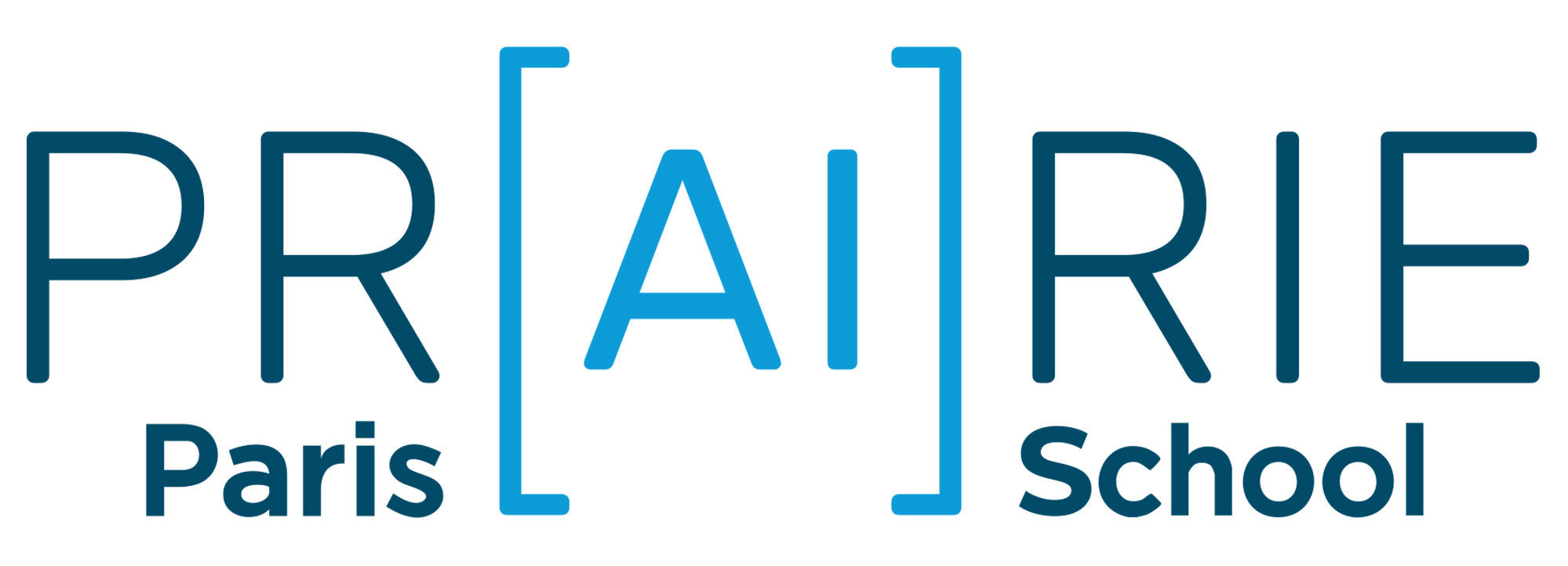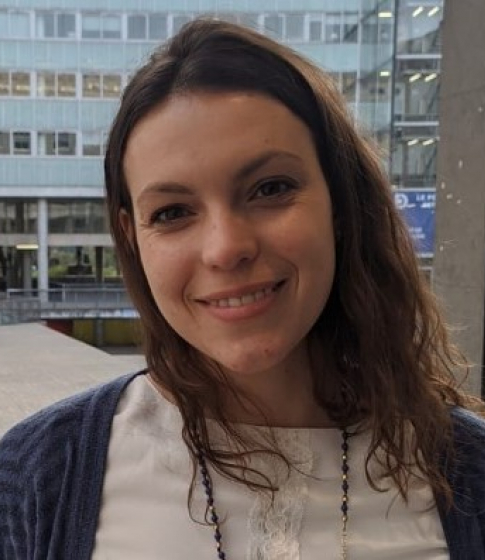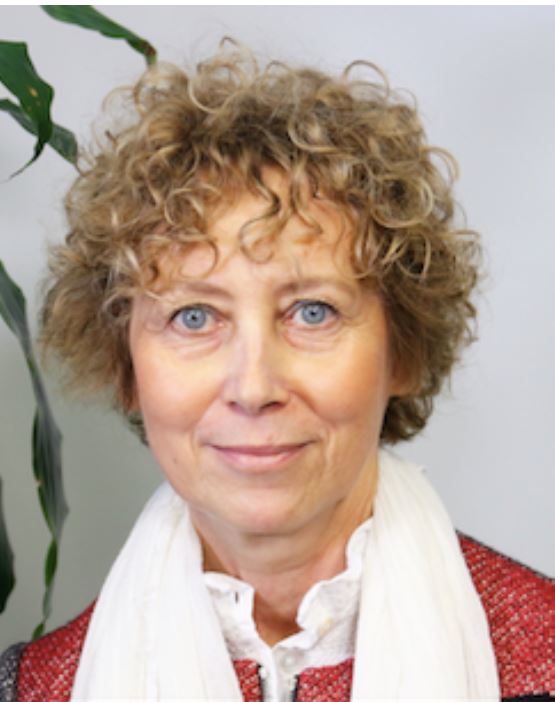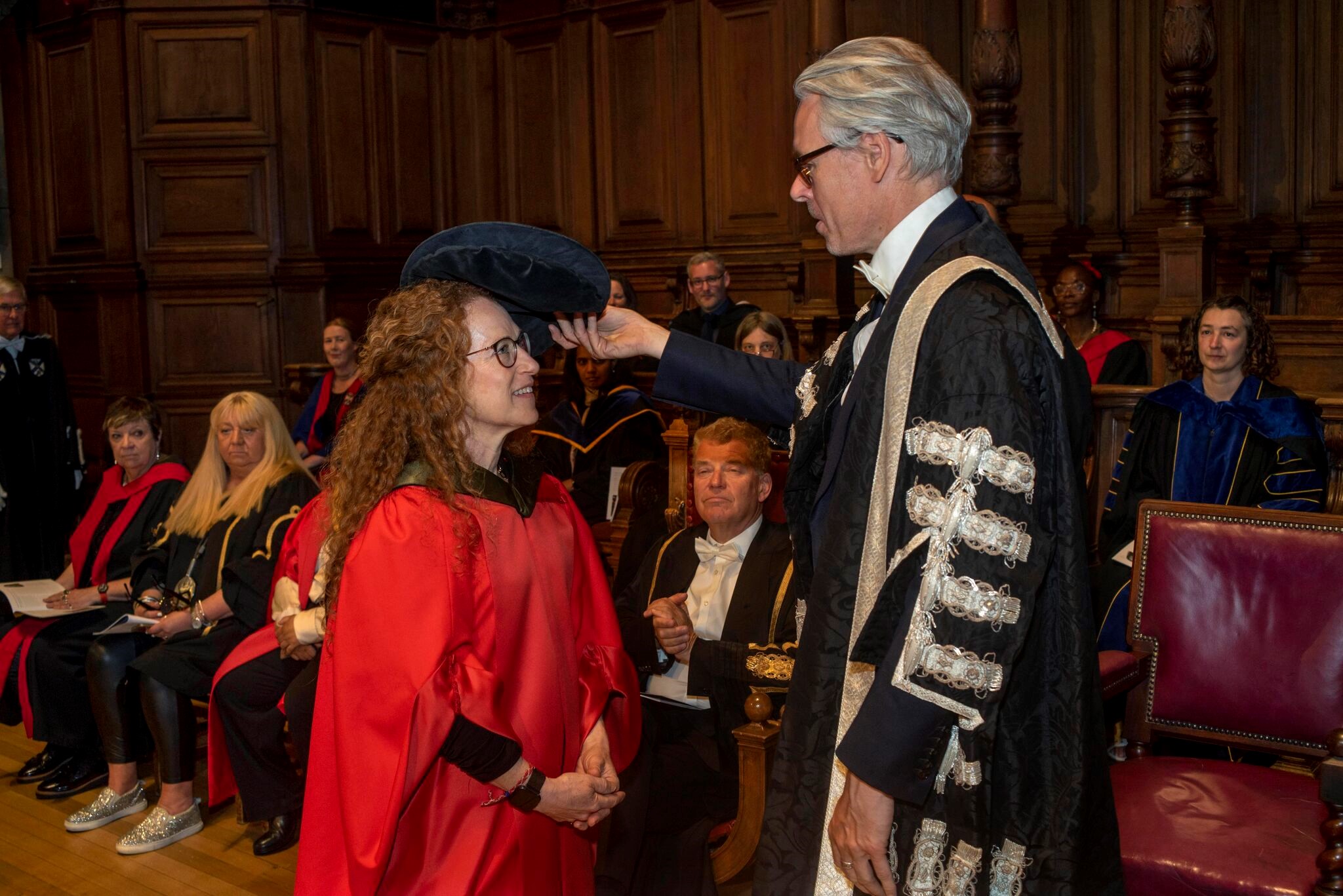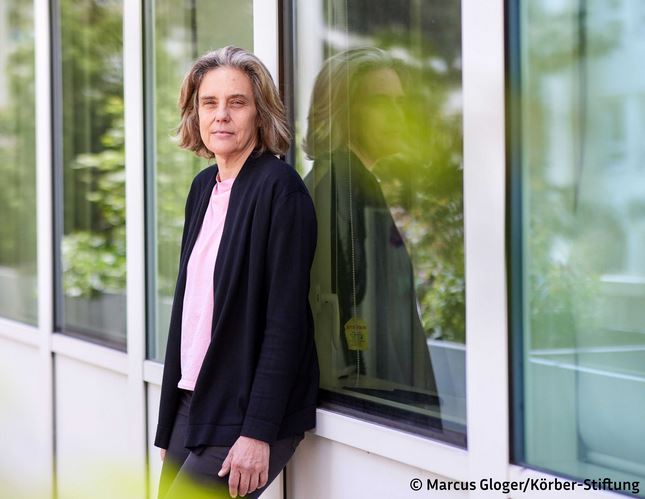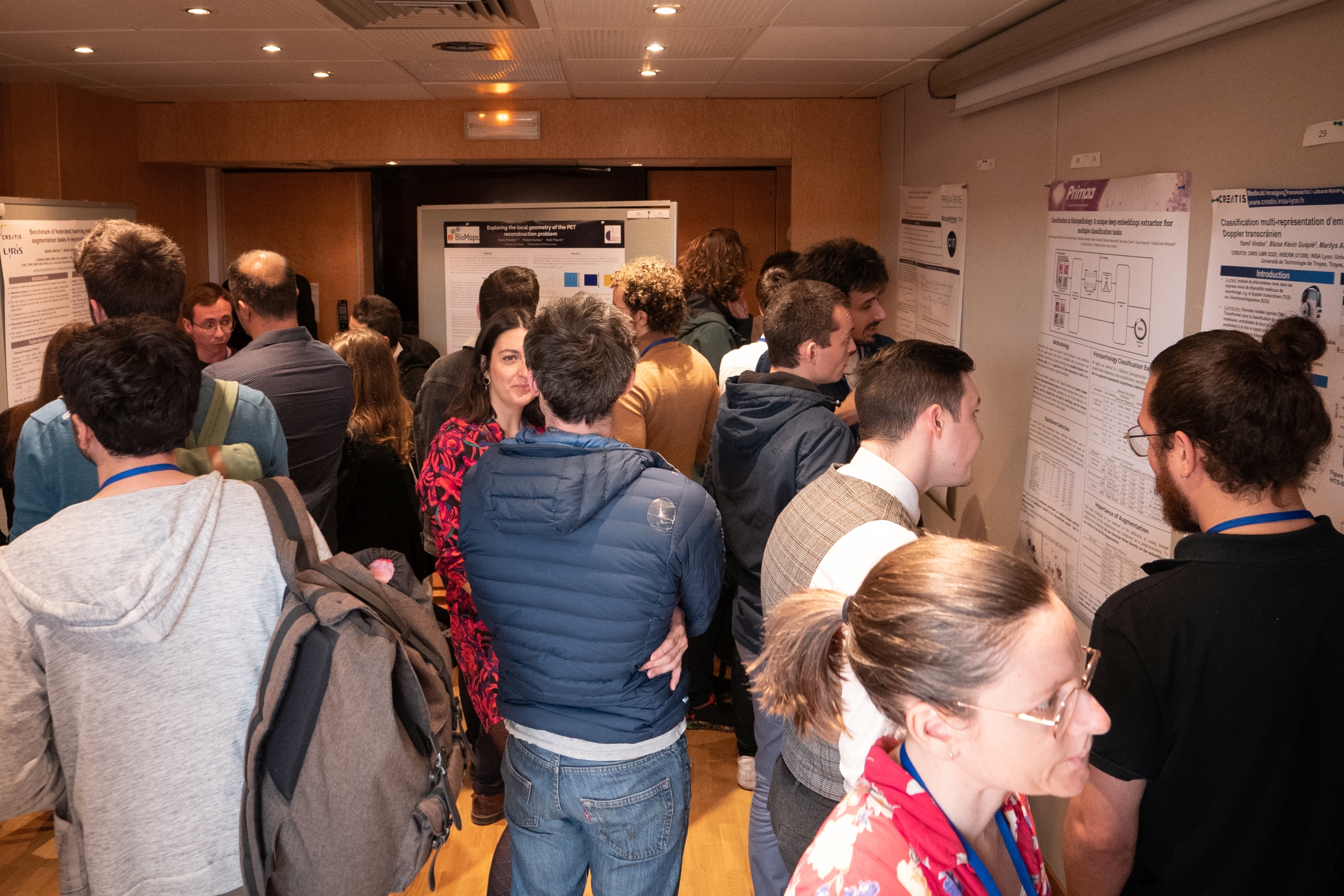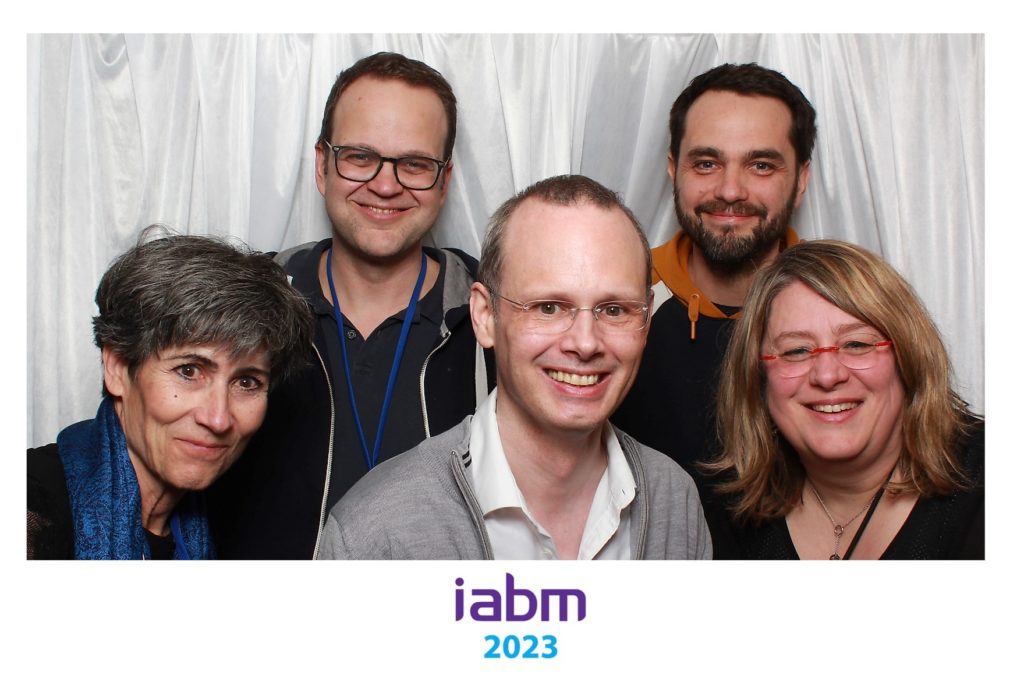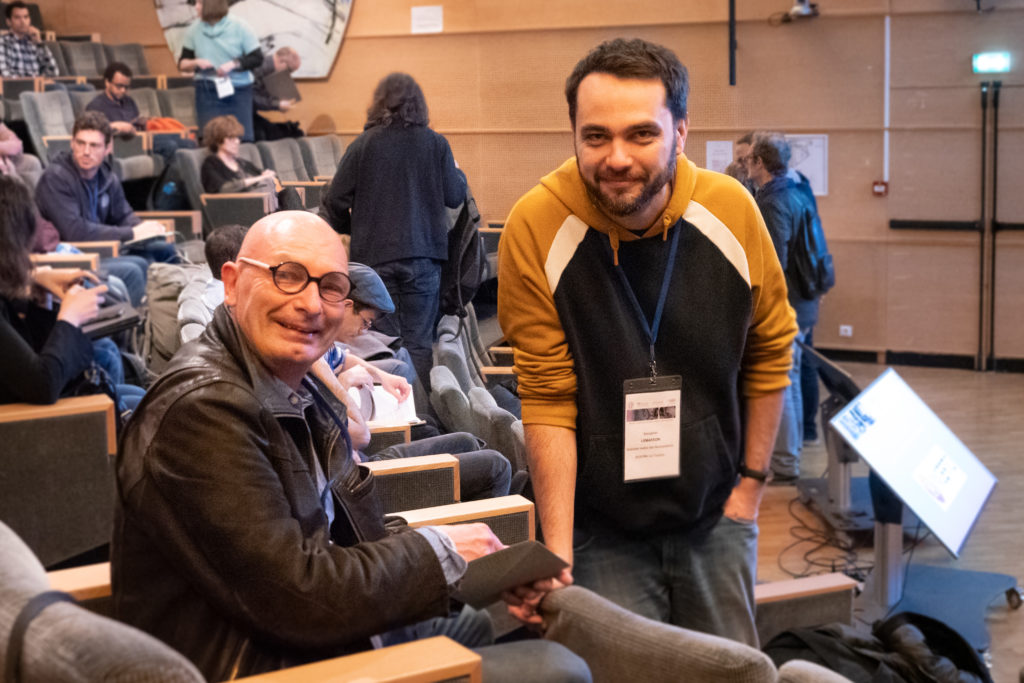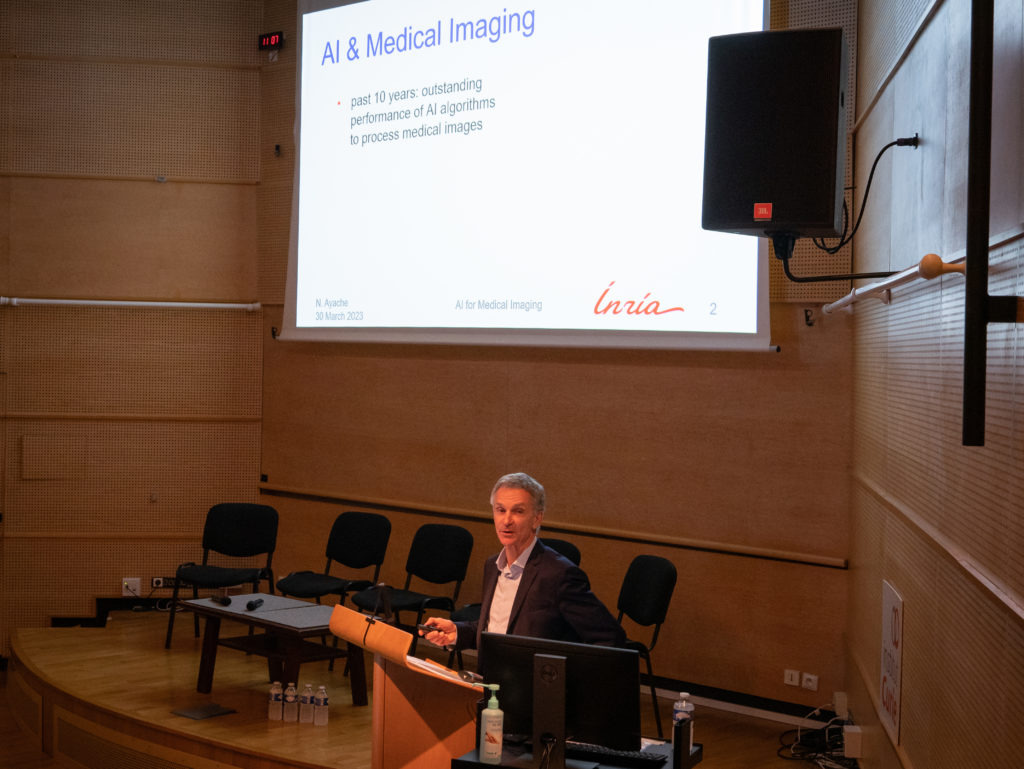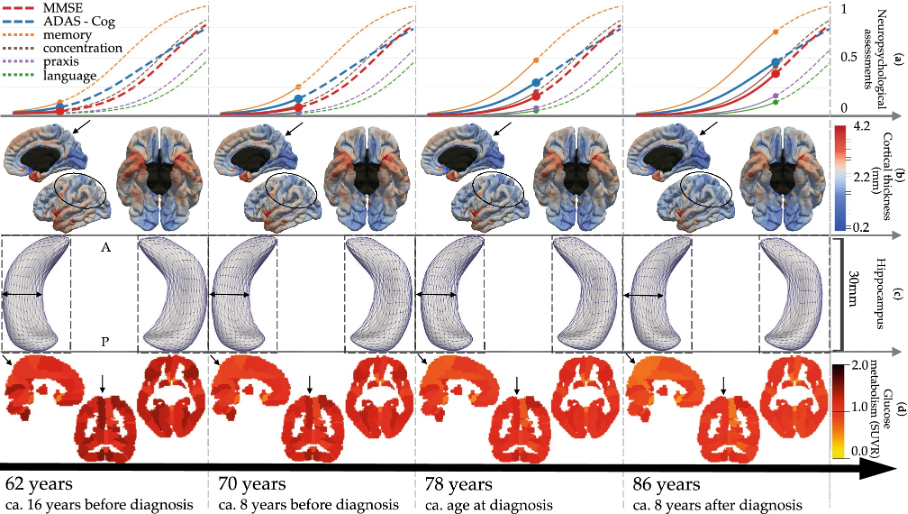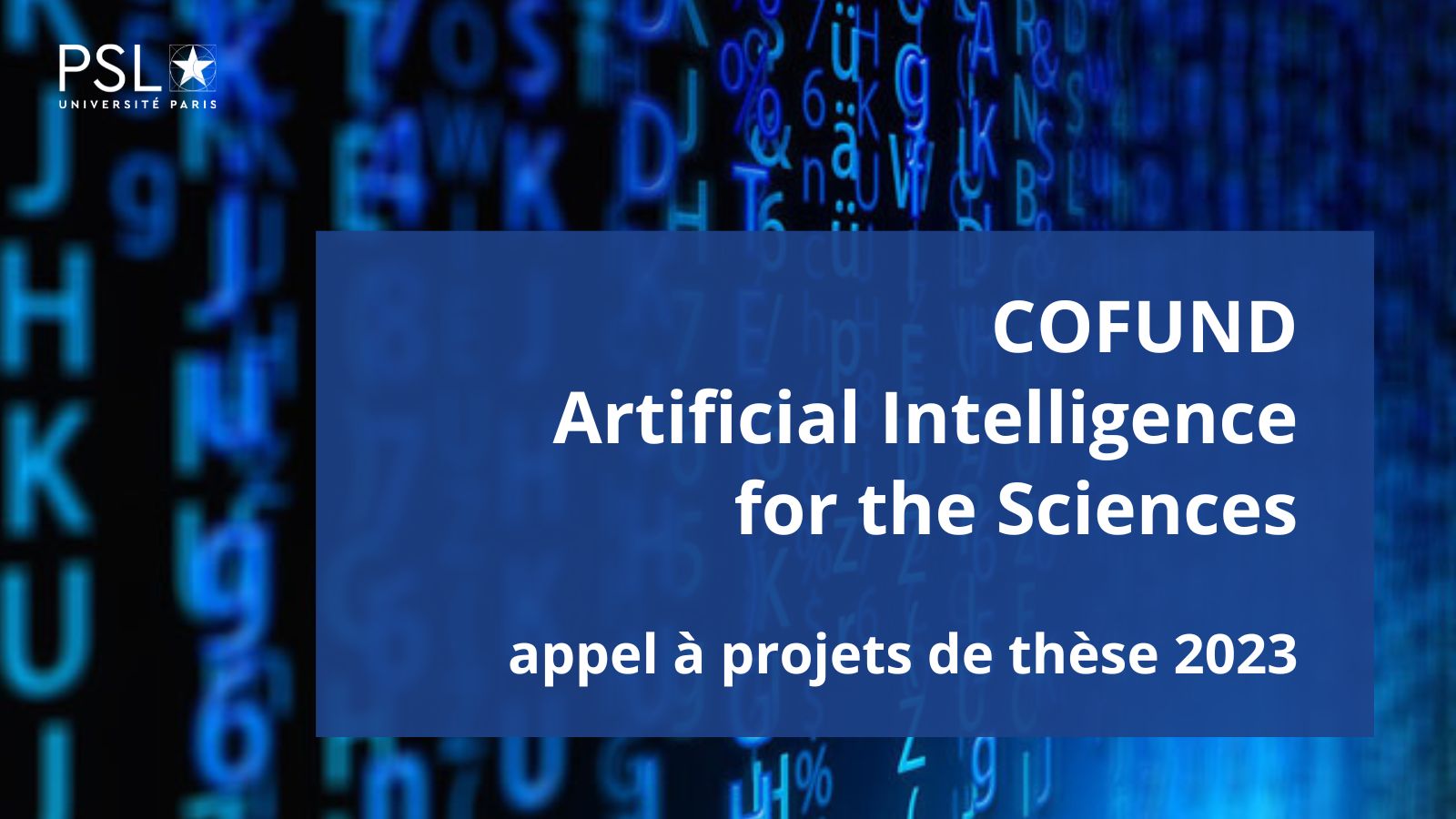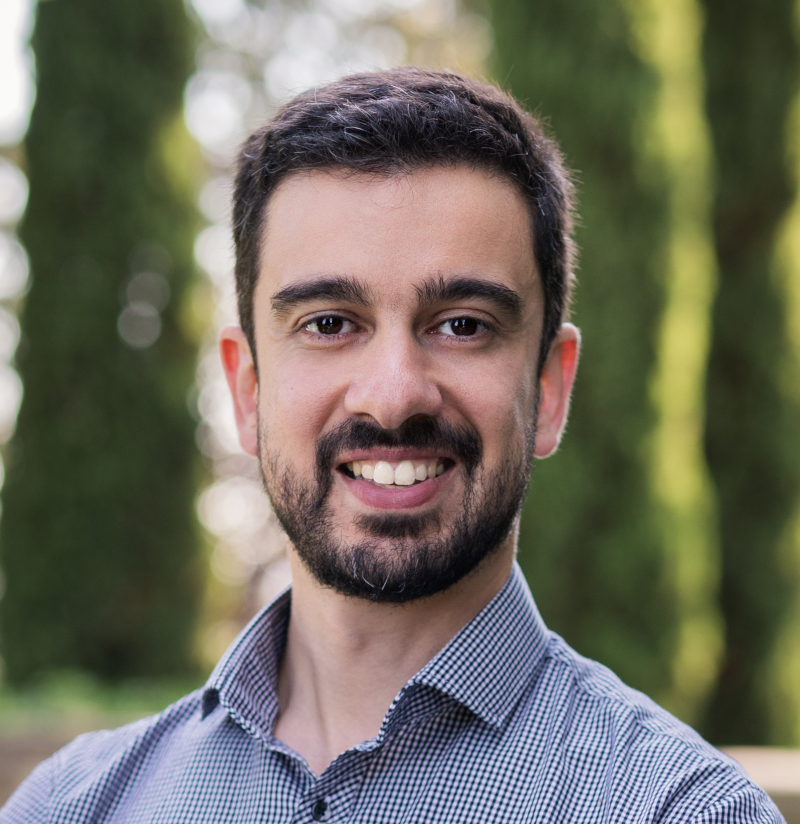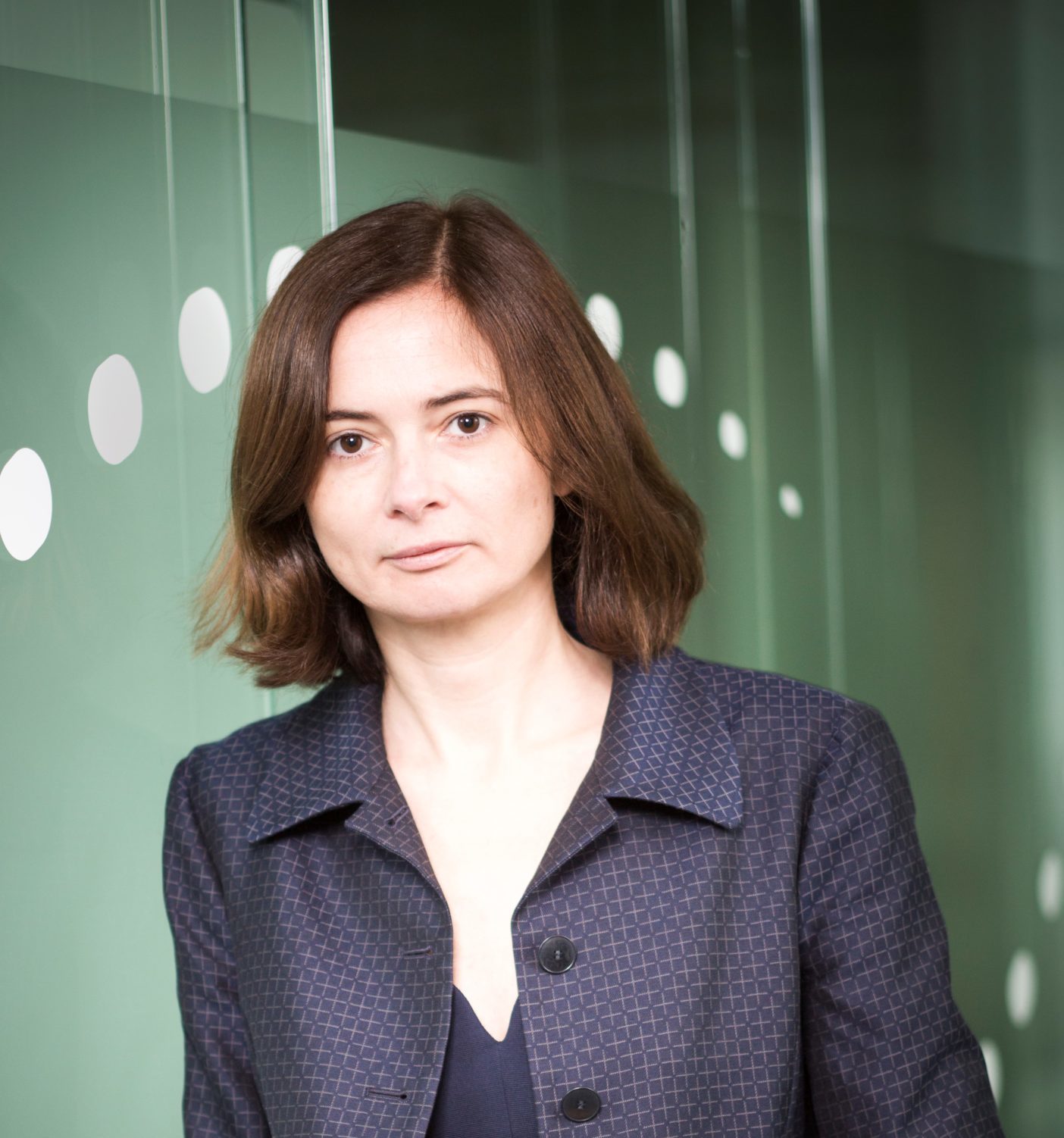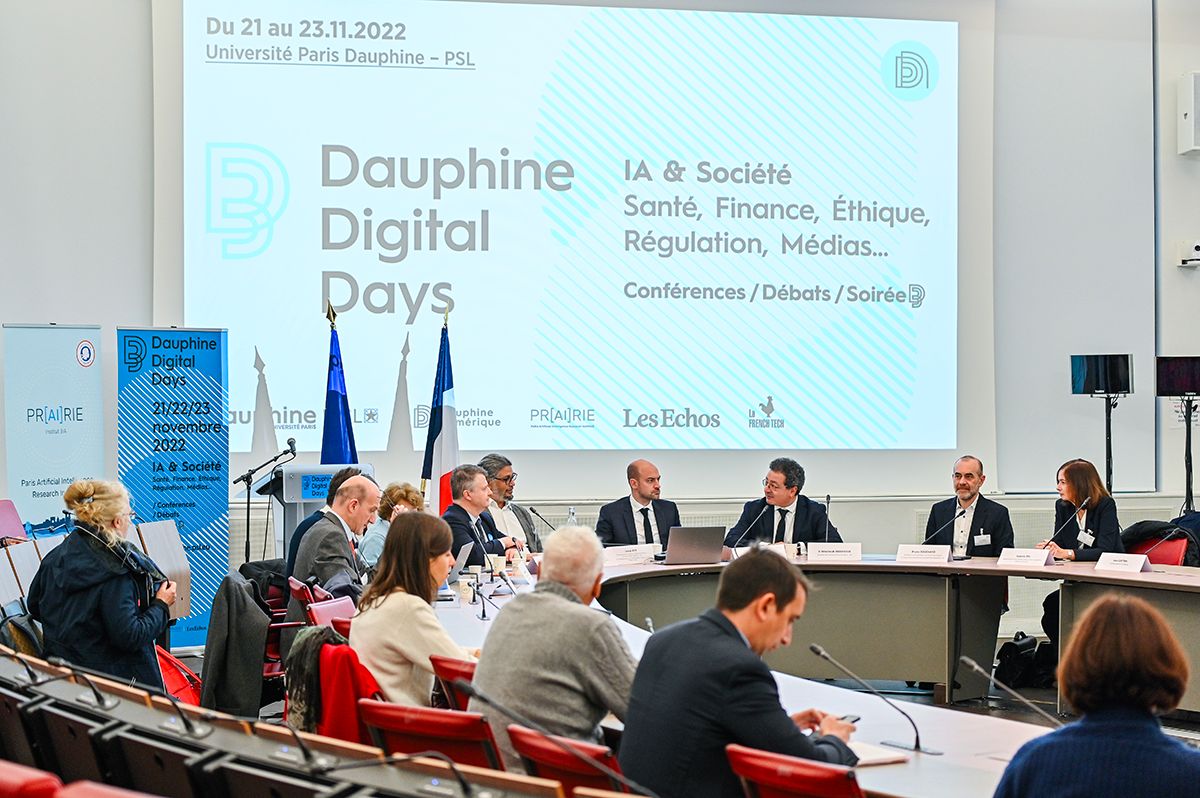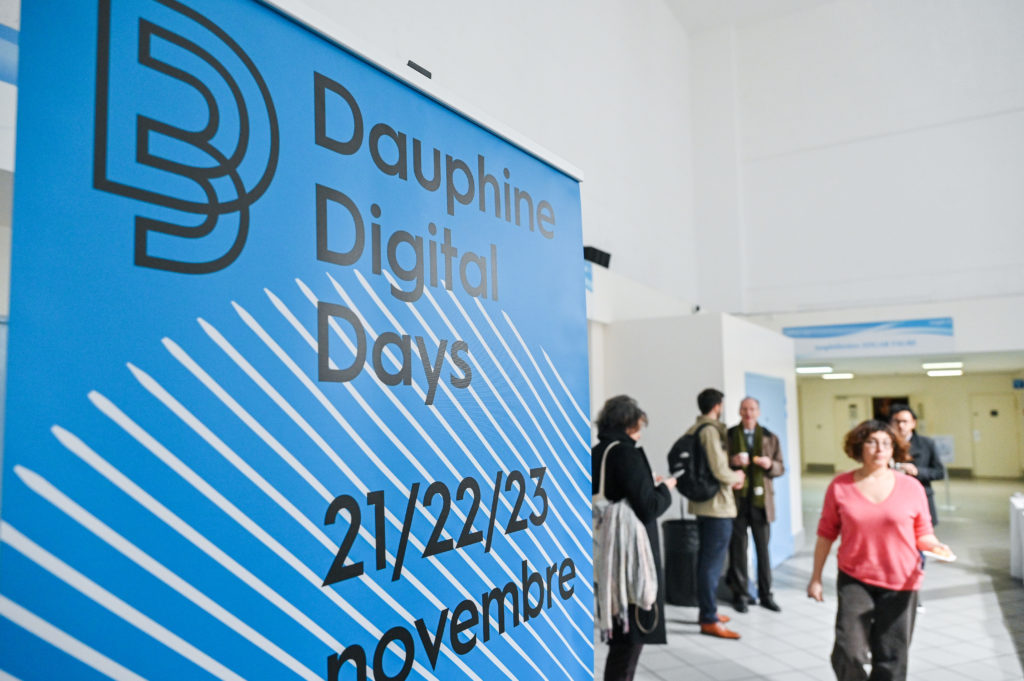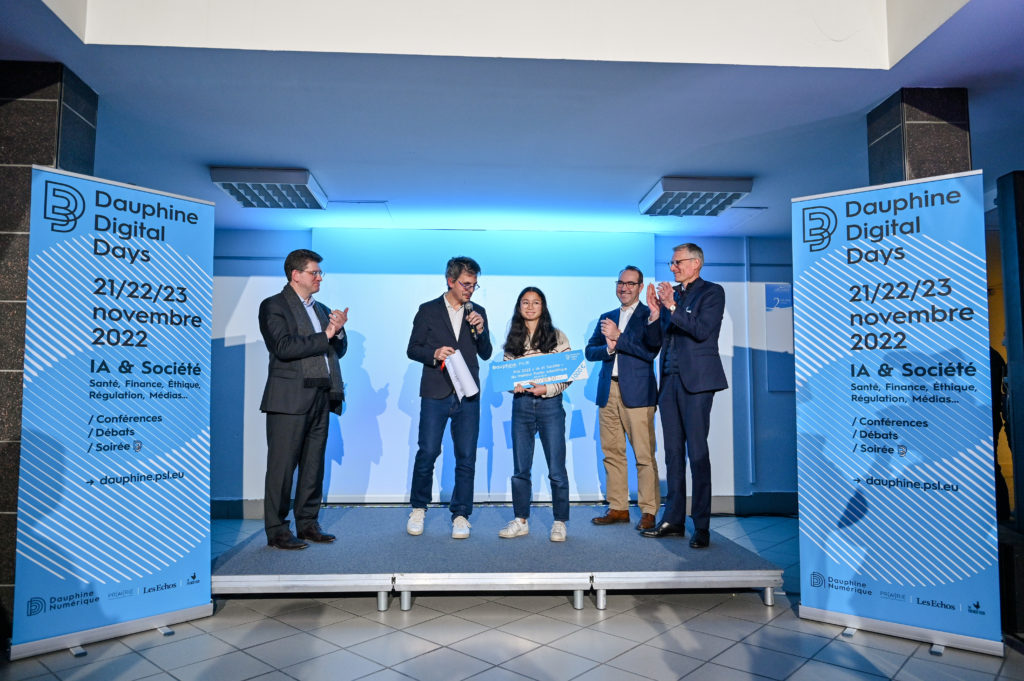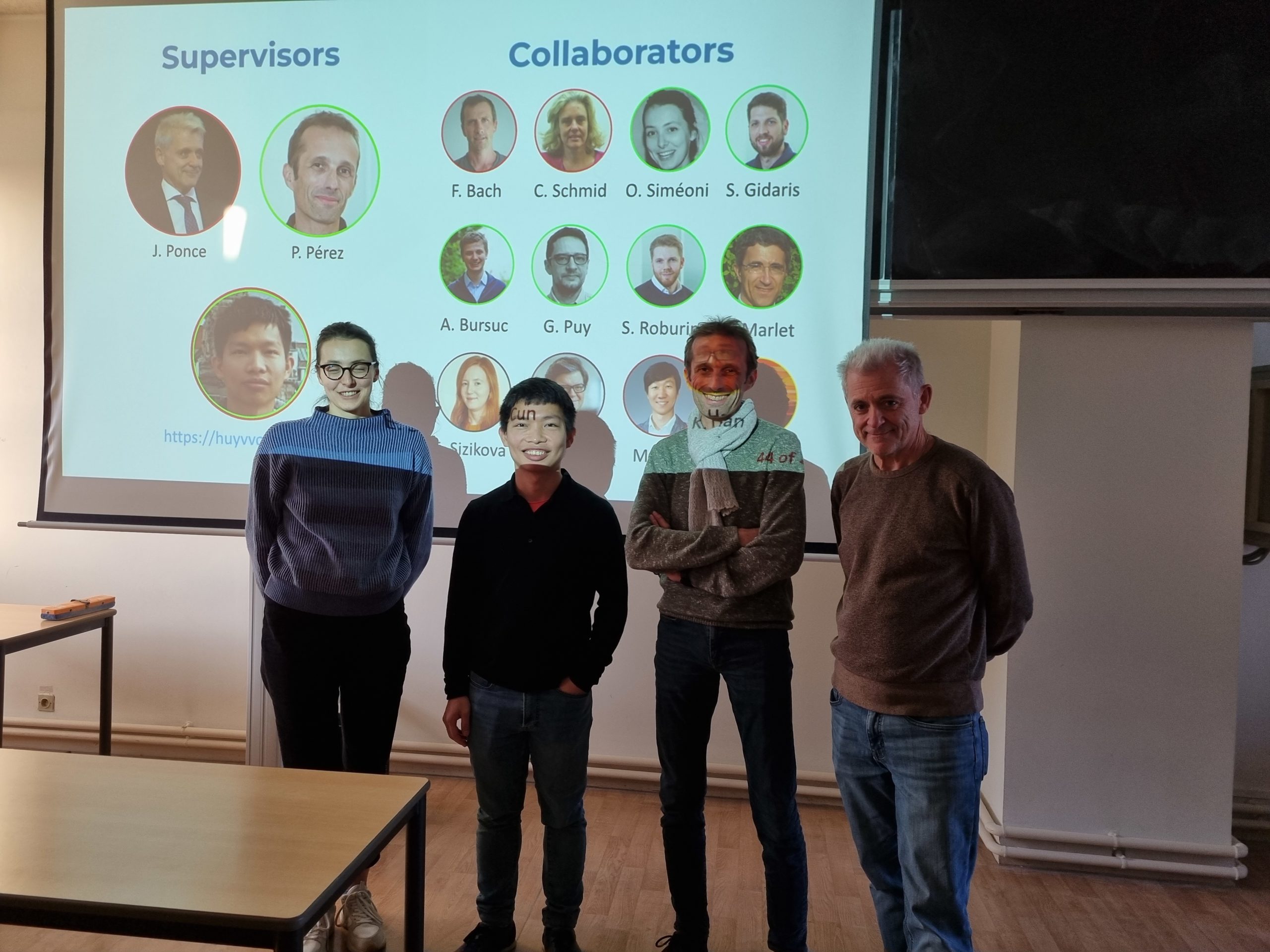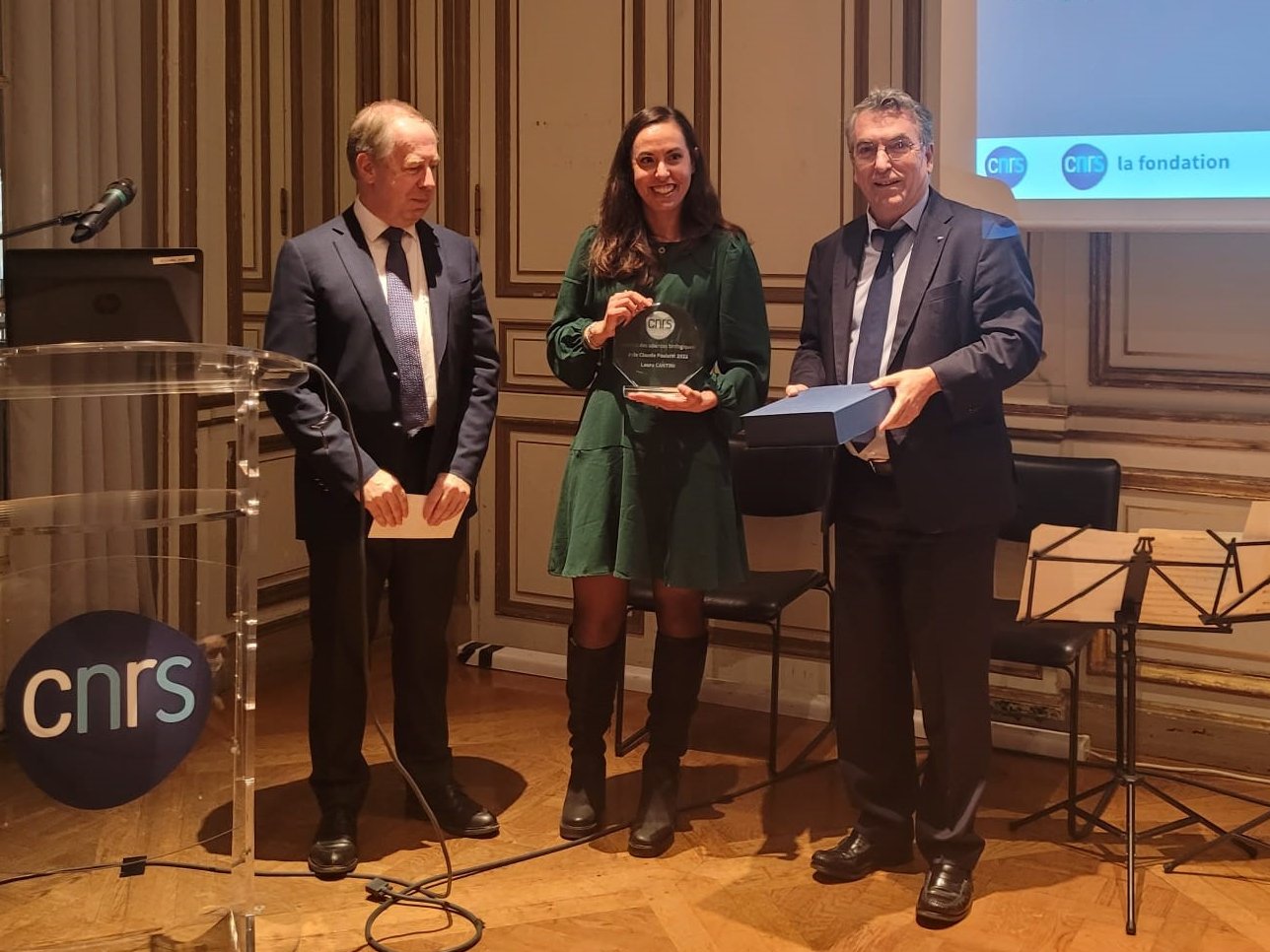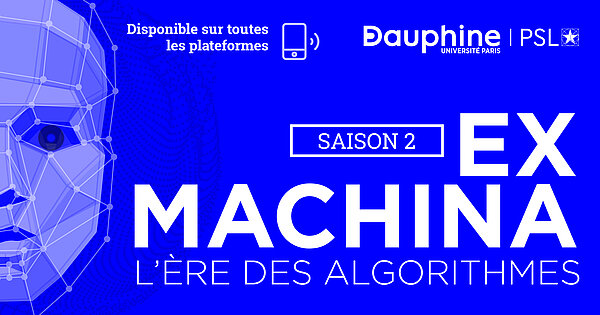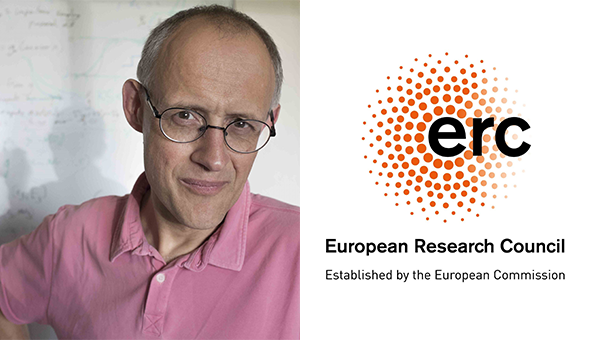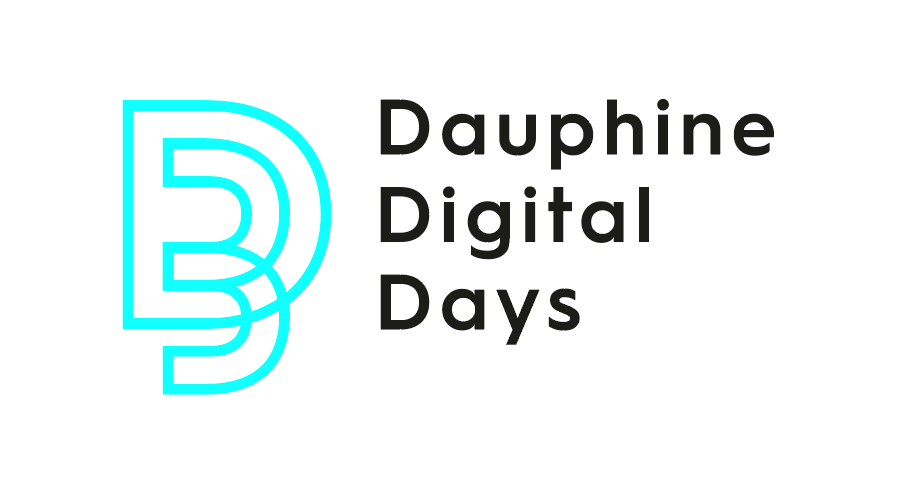Céline Beji leads the MyTreatment project, which originates from the LAMSADE laboratory, Dauphine – PSL, and is supported by PSL Valorisation.
Every year, the number of detected cancer cases increases, as do the treatment options available to deal with them, such as surgery, chemotherapy, immunotherapy and targeted therapies. All these treatments have the disadvantage of having serious side-effects and being very costly, but above all they have variable effects depending on the individual. The challenge is to find the most appropriate treatment for each patient, using personalised medicine. MyTreatment proposes to put the latest advances in causal inference at the service of doctors, by creating tools to help them prescribe anti-cancer treatments on an individualised basis.
Congratulations Céline!
